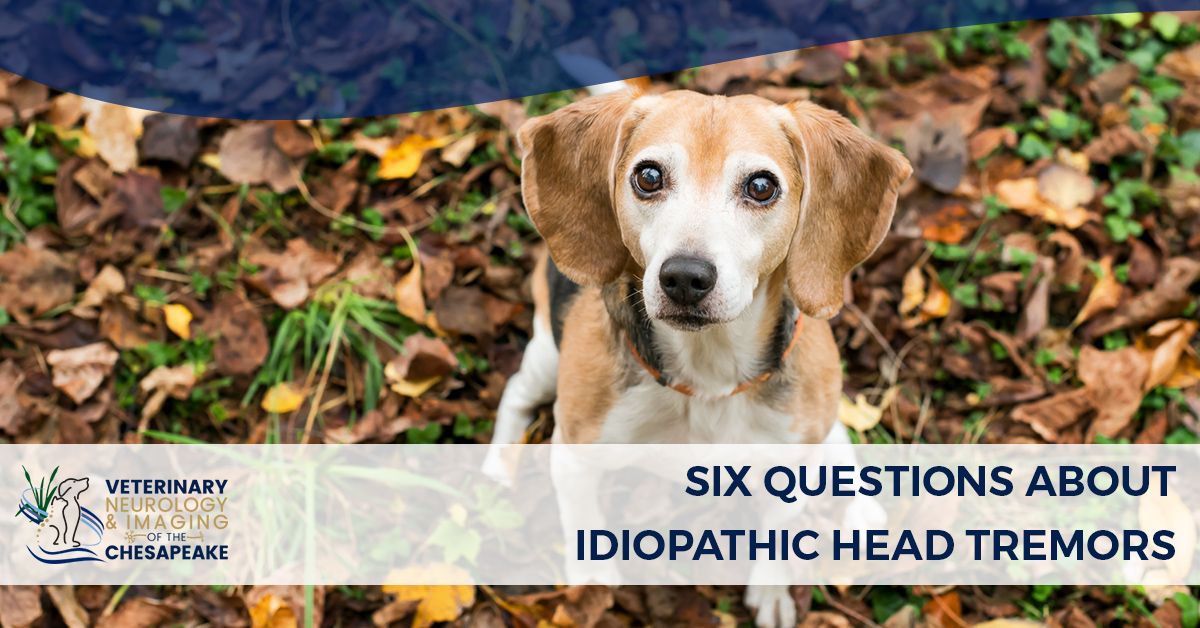STATE-OF-THE-ART VETERINARY DIAGNOSTIC & SURGICAL CENTER

Dog Shaking Head Side to Side (Voluntary Action)
You may notice your dog shaking its head after a satisfying ear scratch, a long nap, a nice stretch, a fun swim, or a not so fun bath. If your dog is shaking its head side to side deliberately, this is a completely natural behavior, usually practiced in order to relieve some type of discomfort.
The two general types of discomfort that can lead to a dog shaking its head are:
Dogs most often shake their heads side to side to relieve ear discomfort, like itching, or to clear the ear canal of foreign substances, like dirt, water, or bugs.
However, if your dog’s deliberate head shaking becomes incessant, something is wrong. Your dog most likely has an allergy or an ear infection and definitely needs medical attention.
It is also possible for a dog to shake its head to relieve its mouth of discomfort. On numerous occasions, I’ve witnessed my own dog shaking her head side to side after inhaling week-old whatever covered in ants off the sidewalk or after being given “yucky” medicine.
As another more serious example, dogs that have come into contact with poisonous toads may shake their heads to rid their mouths of the toxin. If you notice your dog shaking its head side to side with any of the following symptoms, get to an animal hospital right away:
Is your dog’s head shaking uncontrollably? Does it look more like trembling or tremors? Or perhaps it’s bobbing like a bobblehead? Or twitching and jerking? If your dog’s head is shaking involuntarily, the search for answers should be directed inward to the central nervous system.
Three possible causes of involuntary head shaking in dogs include:
For unvaccinated dogs, canine distemper virus is a highly contagious and often fatal virus that attacks the respiratory, gastrointestinal, and nervous systems causing severe illness.
Myoclonus is a rhythmic jerking of a single muscle or muscle group and a common sign of canine distemper virus, involving mostly the muscles of the limbs or head.
Some signs of distemper in order of progression are:
Canine distemper virus spreads as easily as the common cold in humans, and much like the common cold, there is no cure. Treatment is supportive, primarily aimed at preventing dehydration and secondary infection. The symptoms, duration, and survival rate largely depend on the strength of the dog’s immune system.
The brain’s cerebellum is responsible for controlling motor skills. Basically a canine version of cerebral palsy, cerebellar hypoplasia is a condition that causes parts of the cerebellum to not completely develop.
Symptoms of cerebellar hypoplasia can range from mild to severe:
The origin can be either infectious or genetic, but it is always congenital (present at birth) with symptoms becoming evident when puppies attempt to walk, around six weeks old.
Cerebellar hypoplasia can be hereditary in some breeds:
There is no cure or treatment for cerebellar hypoplasia, but affected dogs do not worsen over time, and instead, have normal lifespans. They are not painful and can actually live a quality life with the right family!
Idiopathic head tremors are a series of horizontal “no,” vertical “yes,” or rotational “bobble head” gestures.
It can be tricky to identify different types of head shaking in dogs, but some additional characteristics of idiopathic head tremors are that they:
Idiopathic head tremors can happen to any dog, but are most often seen in young dogs under three years old and in certain breeds like:
The cause of idiopathic head tremors is unknown, but thankfully, the condition usually resolves itself as the dog grows older.
During a tremor, the head shakes uncontrollably, sometimes up and down, sometimes side to side. Tremors usually last several minutes and can occur several times daily (in the majority of dogs), or just a couple of times a year. In a small percentage of cases, tremors may last for an hour or more. They are not painful and dogs are usually conscious and aware during episodes. Stress is a suspected trigger.
There is unfortunately no known cure and there is no evidence for any reportedly used treatments that lead to any improvement in the condition. Idiopathic tremors are not associated with seizures (thus – anti seizure medication will have no effect), and are rarely life-threatening. The syndrome does not progress to cause other neurological concerns, and in approximately two thirds of patients, tremors decrease in severity or even completely resolve with age. Search: Testimonial Categories
We generally suspect Idiopathic Head Tremor Syndrome if there are focal head tremors in the absence of other neurological abnormalities. There is no specific test to diagnose the condition – it is a ‘diagnosis of exclusion’ i.e.. we can only make the diagnosis by ruling out other causes. Investigation of tremors usually involves a thorough neurological examination, and may also involve blood tests, CT scan and a CSF tap. These tests may not be recommended initially in dogs that can be distracted out of an episode (see below).
The majority of dogs can be distracted out of an episode. Call their name or try distracting their attention with a tasty treat or favourite toy. As stress can be a trigger, try not to panic – your dog will pick up on your anxiety and this may prolong the tremor.